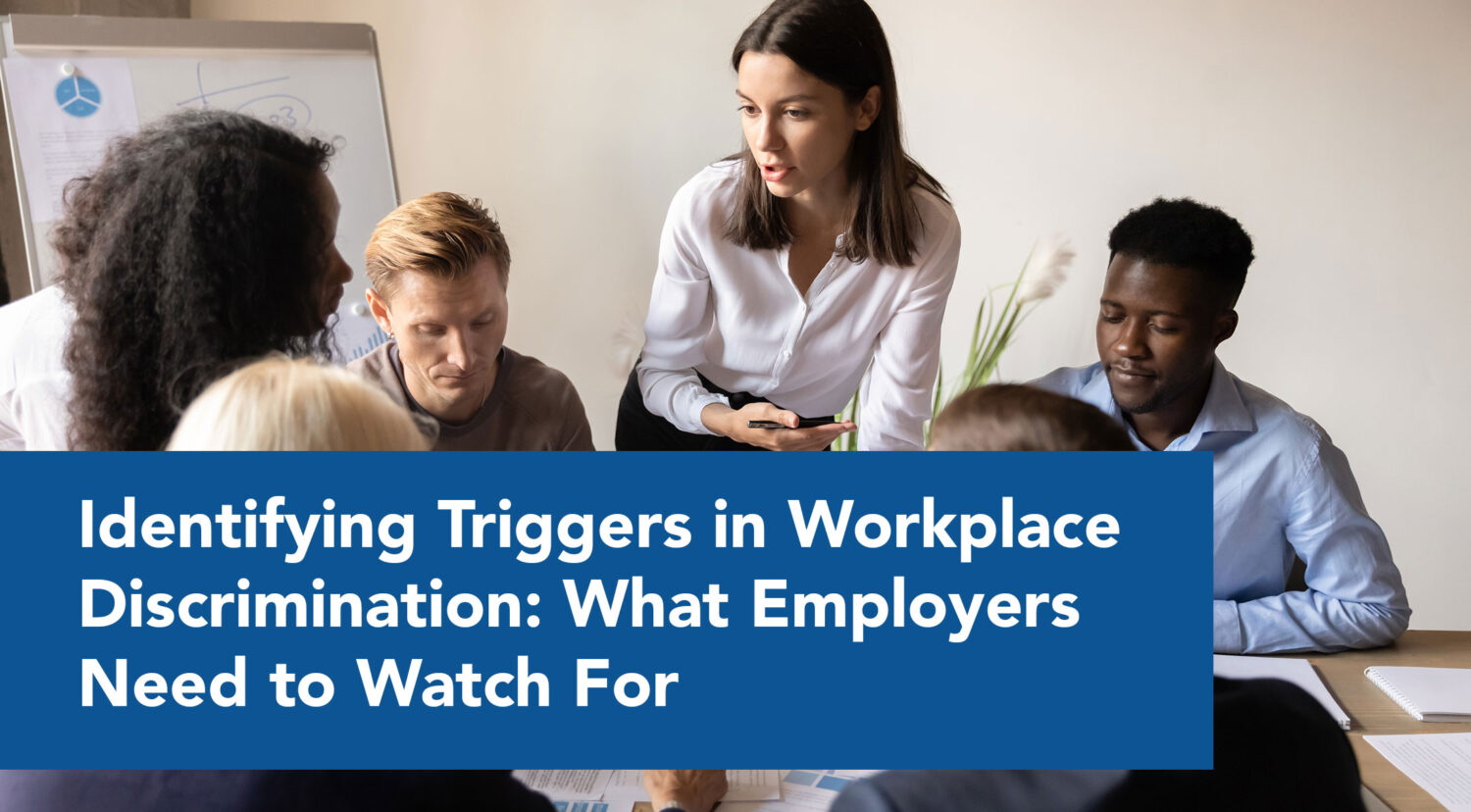

Ensuring equal employment opportunity (EEO) compliance is an ongoing responsibility for employers, particularly federal contractors. Non-compliance triggers can indicate potential risks, even if discrimination is not intentional. By proactively identifying and addressing these issues, organizations can mitigate legal risks and strengthen their compliance programs.
This guide highlights some of the most common non-compliance triggers that employers should be aware of to maintain a fair and legally sound workplace.
1. Hiring & Placement Triggers
Certain hiring and placement patterns can raise red flags in compliance audits:
- Steering or Channeling Applicants – Assigning individuals from a specific demographic group to lower-paying jobs, even unintentionally.
- Inconsistent Promotion & Transfer Procedures – Some employees are automatically transferred into better roles while others must apply and compete.
- Duplicate or Mass Dispositioning of Applicants – Failing to properly track and document applicant decisions.
- Misuse of Applicant Tracking Systems (ATS) – Data inconsistencies between ATS and HRIS can create compliance risks.
2. Compensation Triggers
Compensation practices are a major focus of compliance reviews:
- Lack of Compensation Reviews – Failure to evaluate salaries regularly can lead to disparities.
- Inconsistent Salary Practices – Variations in pay based on negotiation rather than structured salary bands.
- Basing Salaries on Previous Pay – Carrying forward past pay gaps from prior employers, leading to continued unfairness.
- Unexplained Pay Disparities – Similar job roles should have consistent pay unless justified by clear, job-related factors.
3. Employee Data & Recordkeeping Triggers
Maintaining accurate employee data is crucial for compliance:
- Incomplete or Outdated Data – Inability to track veteran, disability, race, or gender status over time.
- Multiple Job Codes for the Same Role – Can create confusion and mask pay or placement disparities.
- Inadequate Documentation – Lack of interview notes, disposition records, and hiring justifications.
4. Outreach Triggers
For federal contractors, outreach efforts must be well-documented and effective:
- Failure to List Jobs with State Employment Systems – Required for federal contractors under VEVRAA.
- Ineffective Recruitment Strategies – Lack of outreach efforts to underrepresented groups.
- Inability to Track Recruitment Effectiveness – Employers should assess whether outreach efforts promote a fair hiring practice.
5. Policy & Compliance Oversight Triggers
Employers must establish clear policies and provide ongoing training:
- No Annual EEO Training – Regular training ensures managers and employees understand compliance obligations.
- Lack of Clear Compensation Policies – Without established pay guidelines, discrepancies can arise.
- Adverse Impact Going Undetected – Failure to monitor statistical significance in hiring decisions can lead to compliance issues.
Taking Proactive Steps Toward Compliance
Addressing these non-compliance triggers requires a strategic, proactive approach:
- Conduct regular compensation audits to identify and correct disparities.
- Ensure ATS and HRIS systems are aligned for accurate data reporting.
- Provide EEO and compliance training to HR and hiring teams.
- Track and review applicant disposition data for accuracy.
- Strengthen outreach efforts to meet federal requirements.
- Develop, implement, monitor and maintain a strategic roadmap to ensure your organization:
- “is in compliance with all aspects with applicable Federal anti-discrimination laws”
- “it does not operate any programs promoting DEI that violate any applicable Federal anti-discrimination laws”
By proactively identifying these triggers, organizations can minimize risk, strengthen their compliance programs, and foster a fair and equitable workplace.
Need expert guidance in assessing your compliance risks? Contact us today. Our Annual Employment Practices Assessment (AEPA) will ensure your organization stays on the right track.





